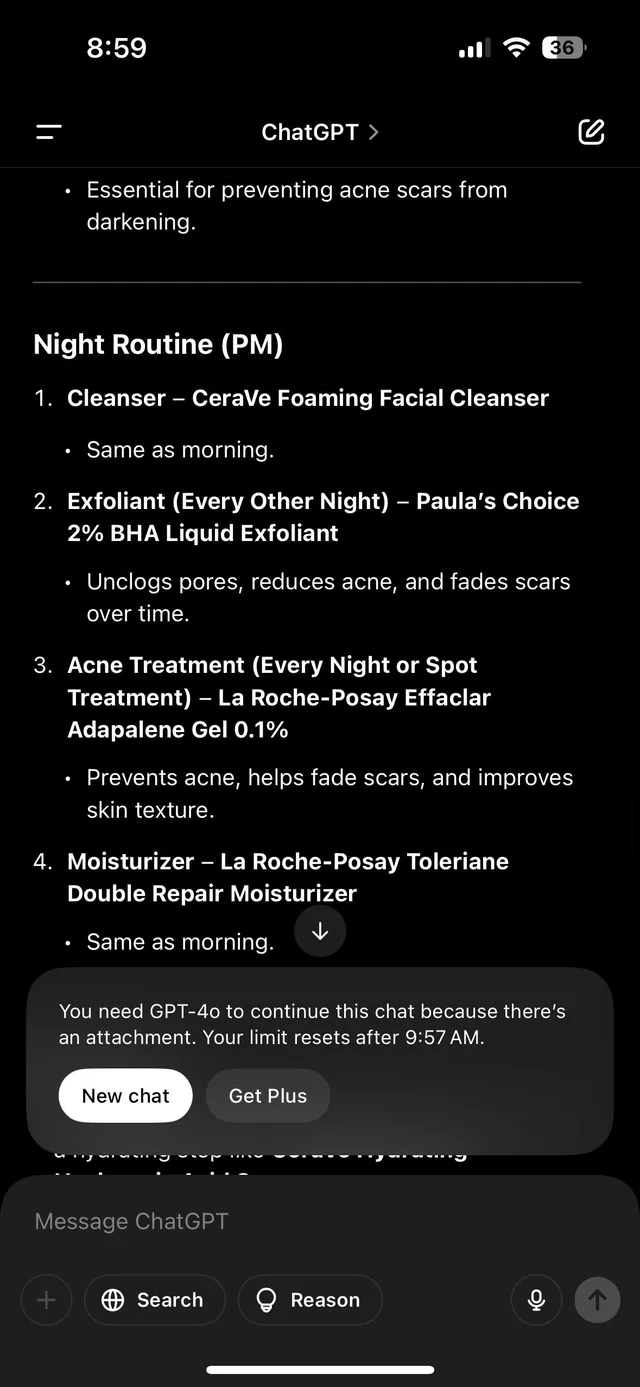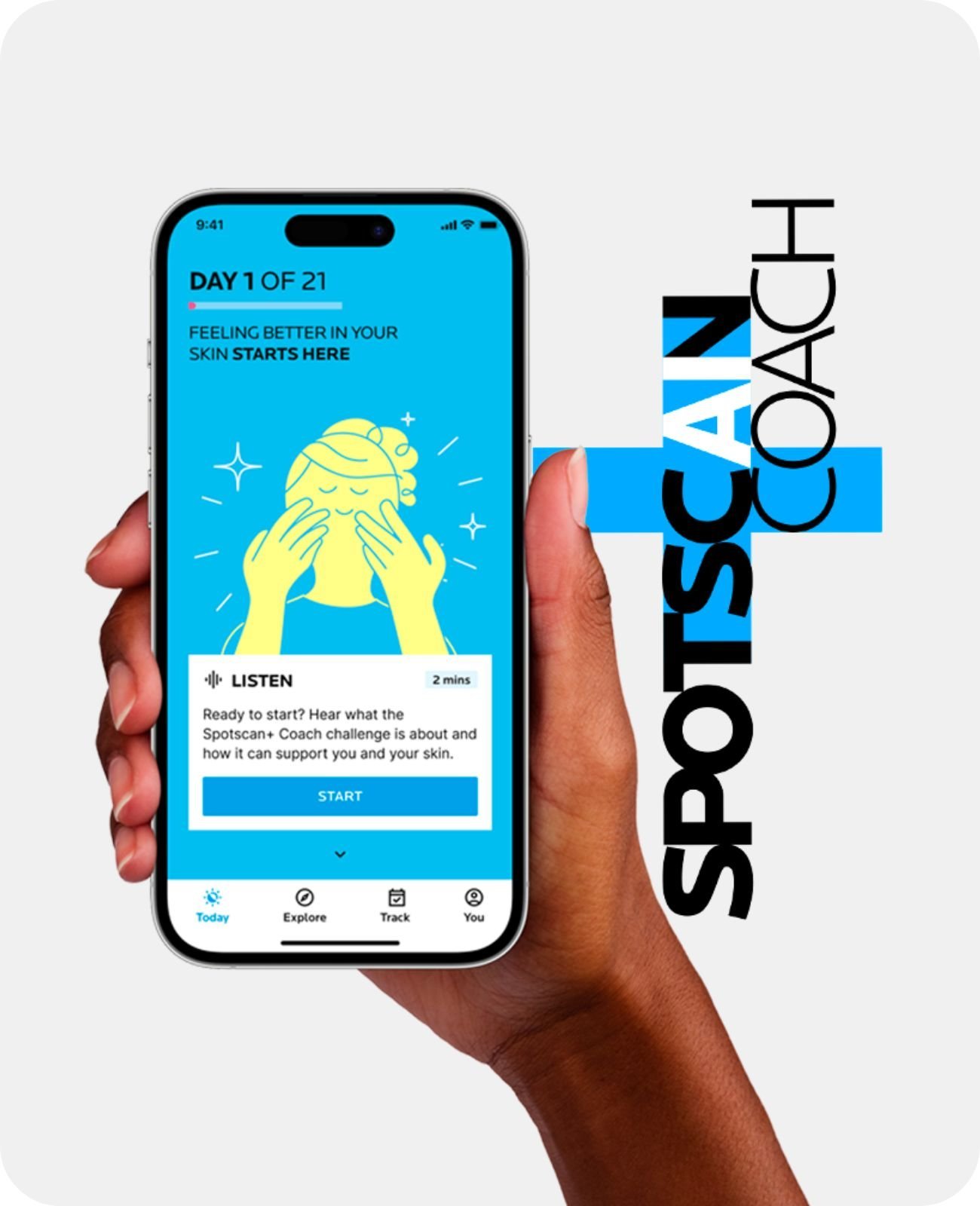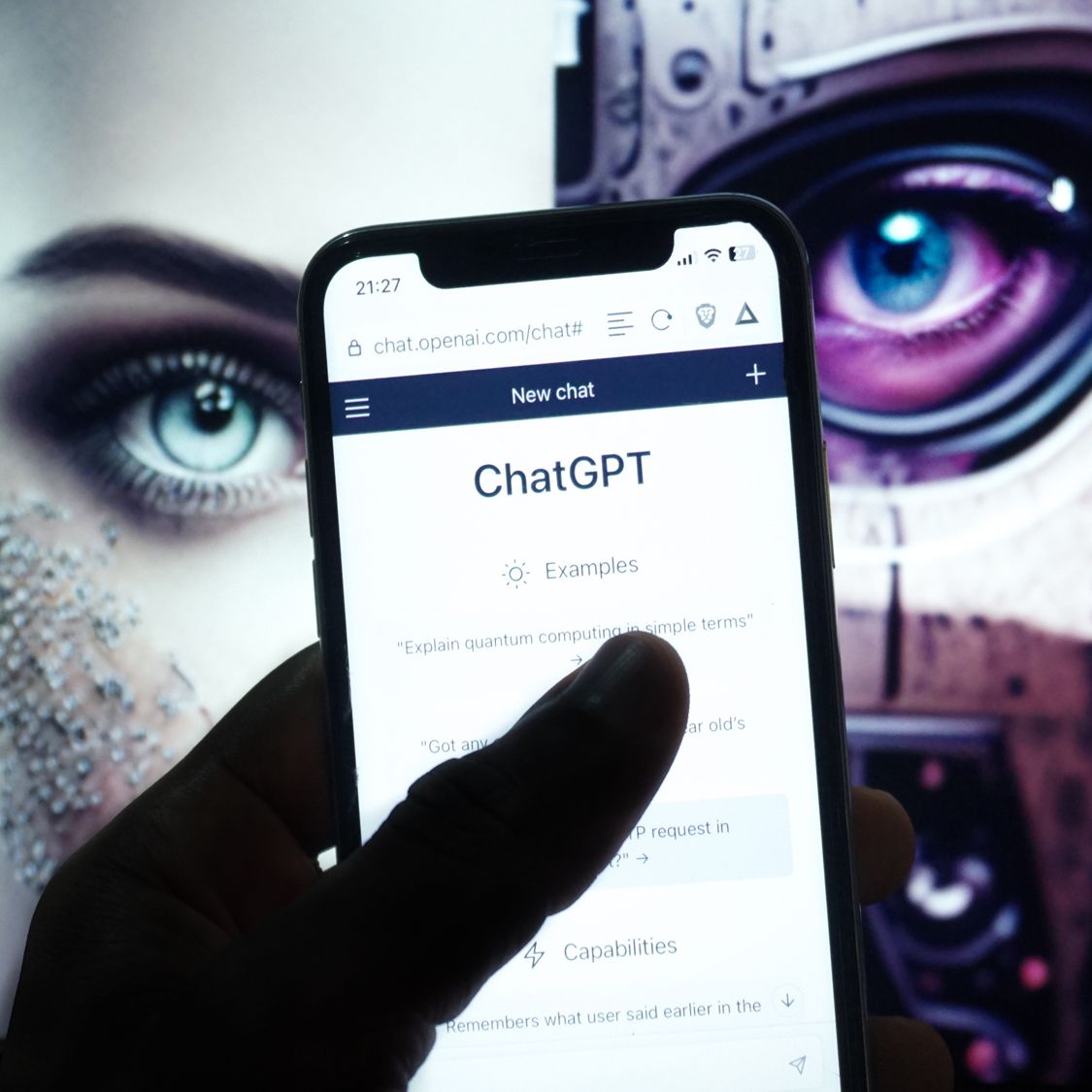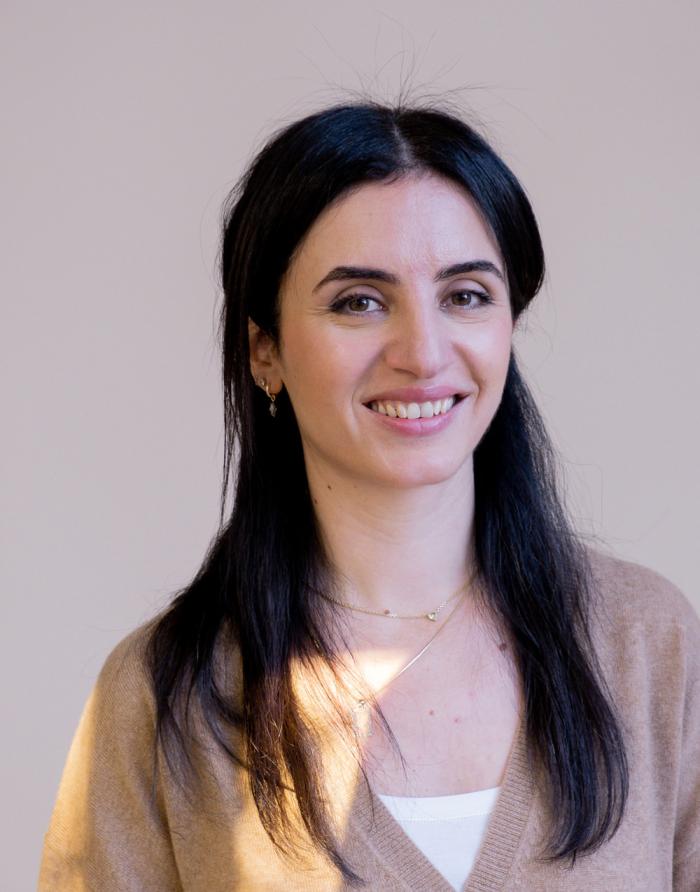Across recent conversations with consumers, we’ve noticed a growing trend: people are turning to AI (ie ChatGPT) for skincare advice that is primarily medical rather than aesthetic in nature. Whether it’s looking to clear up rosacea or address perioral dermatitis, consumers are looking for solution to issues which in the past would usually be the sole reserve of dermatologists.
And what’s fascinating is that consumers are buying whatever products and solutions ChatGPT has recommended without question. They’ve essentially treating AI as an authority whose advice is to be followed without hesitation.
Whilst this may initially seem surprising – dermatological issues can often feel intimate, potentially embarrassing and incredibly personal in nature – perhaps it is less so when we take a step back.
People have been using ChatGPT as a therapist, a life coach and even as a co-parents so is it really a leap that consumers are starting to view AI as a potential dermatologist?
Probably not, especially when we consider the increasing cost of healthcare (and skincare) in the US and lengthening waiting times and scarce booking availability in the UK. With high costs, and low availability, it can feel at times like consumers have lost agency in looking after their skin and addressing issues.
Technology – and ChatGPT in particular – is forming the vanguard of consumers taking back that agency and control over their skin.
ChatGPT: Immediate Personalised Expertise
Over the last few years, we’ve seen for both skincare and the wider beauty category that Reddit – and other, more specialised, forums – has been a source of information, comfort and guidance. Amid a growing distrust of influencers who may or may not be brand ambassadors for x, y or z brand, people have turned to others to share experiences, tips and practical advice.
But the problem with turning to others on Reddit etc. is that often skincare needs are highly individual and personal – one person’s reaction to e.g. a 1% retinol serum, will not be the same as another’s. One person’s fix may be another’s failure.
Users can only empathise and share their own experiences, which can be comforting but may lead your skin back to square one a month later, with your wallet having paid the price for a range of ‘solutions’ which have solved nothing at all.
Step up ChatGPT.
An increasing number of blogs, users and posts have been made about how to use ChatGPT as a sounding board to give skincare advice.[1] By uploading a photo of your skin and providing details such as your age, gender, skin type, skin goals and budget, as well as any sensitivities and allergies, ChatGPT can give tailored advice and product recommendations.
TikTok is blowing up with creators who are evangelising this as a new, quick, easy and cost-friendly way to improve your skincare routine.
Where social media is the source of peer wisdom and comfort, and dermatologists are the gatekeepers of medical advice, ChatGPT has become – in consumer eyes – the best of both worlds.
And that’s because AI can offer consumers a holistic approach to their skincare that dermatologists typically do not. It can advise on skincare as readily as it can on makeup to suit your skin tone.
It has become the authority that is hyper personalised and specific to you and your skin.

An evolving landscape
One thing to say is AI advice is not without its pitfalls. Iyt is proven to have a number of biases and Eurocentrisms and its datasets have a weighted lens. It can hallucinate and can present statements as facts.
But equally it is a convenient resource for consumers at a loss – and it will only get more sophisticated.
And this is already apparent in the examples of skincare and beauty businesses investing in their own AI and LLMs to create specific diagnostic technology.
For example, La Roche-Posay, in collaboration with Calm, has created a skincare app called Spotscan+ Coach that uses AI skin analysis to give users personalised advice on their skincare routines. It combines this advice with emotional support and mental health resources to help users build healthy skincare habits as they manage and combat acne.

So where does this leave brands?
The reality is consumers will continue to use AI – ChatGPT or otherwise – to help them in their skincare journeys and brands have an opportunity to be a part of that.
This involves taking an active role in education – AI can be an effective and convenient tool that allows consumers agency, but it’s no replacement for professional help.
But, looking at this from a research perspective, it also places an even greater emphasis on understanding consumer behaviours: how and where they’re using AI for skincare help; what language consumers use and what queries they have; what platforms are they using etc…
Ultimately, we need to understand how brands can use AI to better connect with their consumers, rather than leave it up to third parties like OpenAI.
We have an imperative to design specific qualitative methodologies to get to the heart of how consumers are using online sources to solve their skincare needs, uncover the gaps in their understanding and demonstrate how and where brands can support them and share advice on their skincare in ways that are demonstrably usable, intuitive and personalised.
Because if we don’t get under the skin of our consumers, ChatGPT will.
References
- https://champagneandsavings.com/blog/chatgpt-skincare https://www.loreal.com/en/articles/science-and-technology/spotscan-coach/

